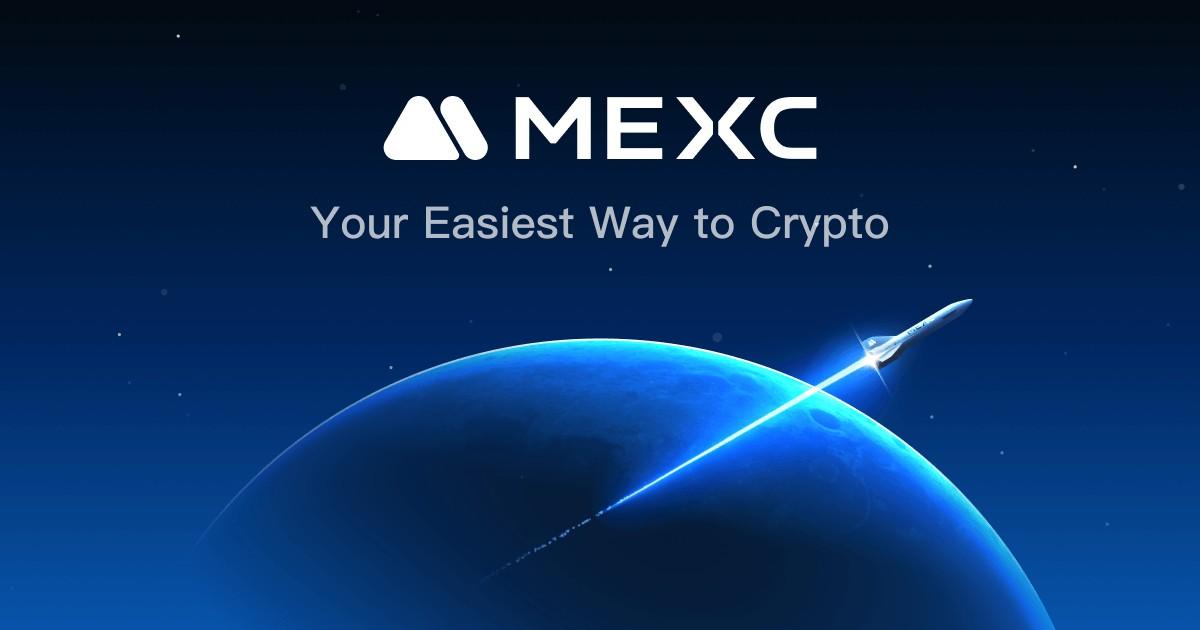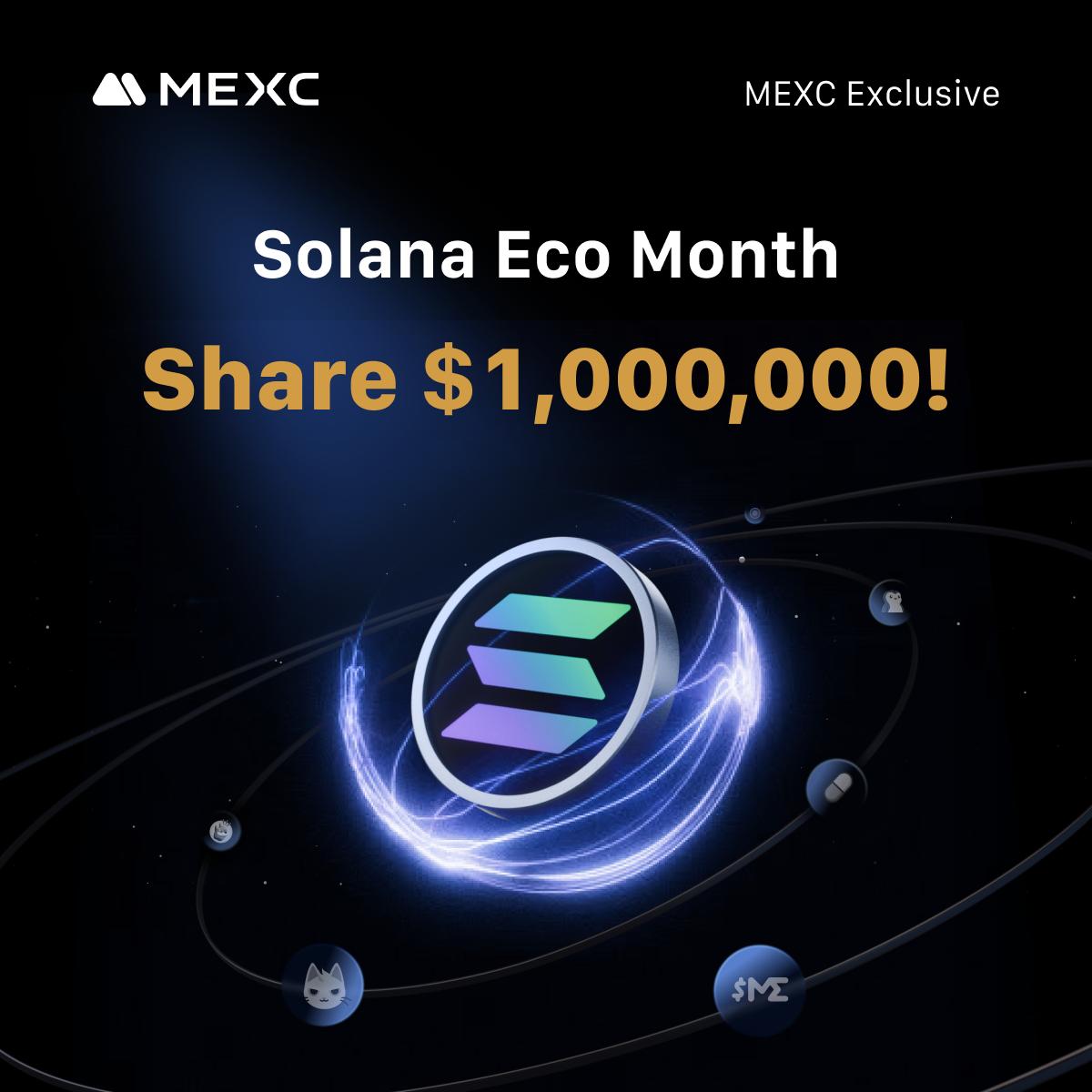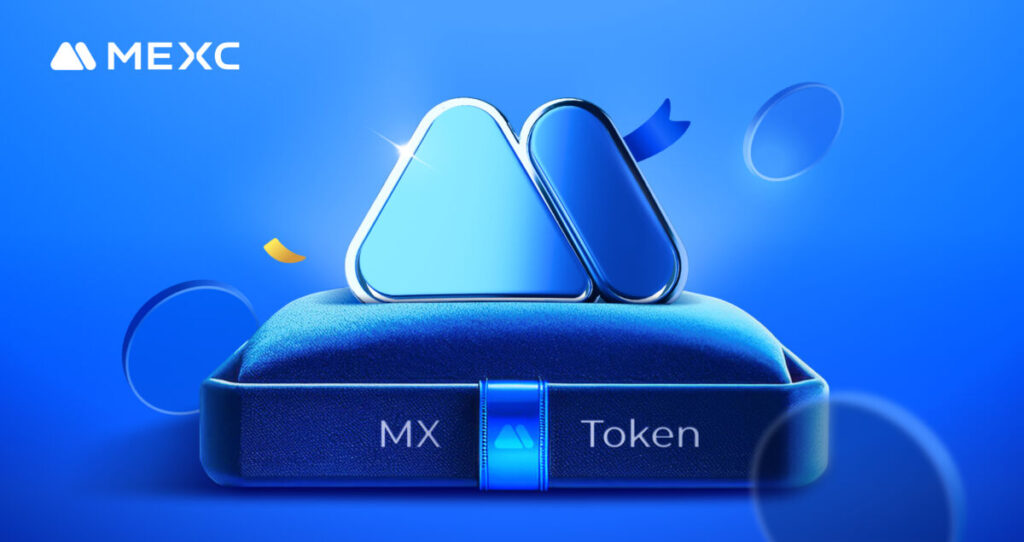
6 minute read
Does MEXC Report to CRA? What You Need to Know
from MEXC
by Exness_India
If you're a Canadian trading crypto on MEXC, you might be asking the critical question: Does MEXC report to the CRA (Canada Revenue Agency)?
The short answer is no—MEXC currently does not report directly to the CRA. But that doesn’t mean your crypto activities on MEXC are invisible to Canadian tax authorities. Let’s break it all down.

✅ Trade with MEXC now: Open An Account 👈
What Is MEXC?
MEXC Global is a centralized cryptocurrency exchange founded in 2018 and based in Seychelles. It’s known for offering a wide range of altcoins, futures trading, and DeFi tokens. Unlike exchanges like Coinbase or Kraken, MEXC is considered an offshore exchange, which means it does not operate under Canadian regulatory oversight.
Because of this, MEXC does not currently have a direct information-sharing agreement with the Canada Revenue Agency (CRA)—unlike Canadian platforms like Newton or Wealthsimple Crypto.
Why the CRA Matters for Crypto Traders
The CRA treats cryptocurrency as a commodity, not a currency. This means every crypto transaction—whether it’s a trade, sale, or even a swap—is considered a taxable event. You may be liable for either capital gains tax or business income tax, depending on the nature and frequency of your trades.
So even if MEXC doesn’t report your activity, you are still legally obligated to report your crypto transactions to the CRA each year.
The CRA has made it clear: failure to report crypto income can lead to audits, penalties, and interest on unpaid taxes.
Does MEXC Report to the CRA?
Let’s get specific.
No, MEXC does not report to the CRA directly.
As of now, MEXC is not registered as a Money Services Business (MSB) in Canada and does not fall under the jurisdiction of Canadian financial regulators like FINTRAC (Financial Transactions and Reports Analysis Centre of Canada).
That means MEXC is not required to submit Know-Your-Customer (KYC) data or trading activity to the CRA.
But before you get too comfortable, there’s a bigger picture to consider.
How the CRA Could Still Discover Your MEXC Activity
While MEXC doesn't report directly, here are three ways the CRA could still learn about your crypto holdings or trades on MEXC:
1. Bank Transfers and E-Transfers
When you send or receive funds from your Canadian bank account to or from MEXC (often via intermediary platforms), those transactions can raise flags. The CRA can audit bank statements and see fiat movement to and from crypto exchanges.
2. Blockchain Analysis
MEXC allows crypto deposits and withdrawals. If the CRA suspects undeclared income, they could trace blockchain transactions, especially if they connect a KYC-verified wallet address on another exchange to your identity.
3. Voluntary Disclosure or Third-Party Info
The CRA often receives data from other jurisdictions under international treaties like the Common Reporting Standard (CRS). While MEXC may not be participating now, global pressure on tax havens is growing. Future disclosures or data leaks could expose MEXC user data.
So even though the platform itself doesn't report today, the risk of being audited increases with each unreported trade or transfer.

✅ Trade with MEXC now: Open An Account 👈
Is Using MEXC Illegal in Canada?
No, using MEXC is not illegal in Canada—but it’s not recommended for all users.
MEXC is not registered as a crypto trading platform with the Canadian Securities Administrators (CSA) or FINTRAC, which means it operates in a legal gray area. Canadian authorities have warned against using unregistered platforms, but they haven’t banned them outright.
You are still legally responsible for reporting all income and capital gains from any platform, whether foreign or domestic.
What Should Canadian Users Do If They Trade on MEXC?
If you're a Canadian resident using MEXC, here’s what you should do to stay compliant:
1. Track Every Transaction
Use crypto tax software like Koinly, CoinTracker, or CryptoTaxCalculator to track your trades, deposits, withdrawals, and staking rewards. MEXC allows you to export trading history as a CSV, which these tools can import.
2. Report Gains and Losses Accurately
Declare all capital gains, losses, or crypto income in your T1 tax return, particularly on Schedule 3. Even if MEXC doesn’t send you tax forms, you are responsible for calculating your own taxes.
3. File on Time
Canadian tax filing deadlines typically fall in April each year. For example, for the 2025 tax year, your filing deadline will be April 30, 2026.
4. Avoid Hiding Assets
The CRA considers willful failure to disclose foreign income as tax evasion, which can lead to criminal charges, fines, or even jail time. Be honest about your holdings.
What Happens If You Don’t Report MEXC Activity?
Let’s be clear: not reporting crypto trades or income is tax fraud.
The CRA has stepped up enforcement over the past few years. Even if they don’t catch you this year, they can audit past returns up to six years back—or indefinitely in cases of fraud.
Here are the possible consequences of not reporting your MEXC transactions:
Penalties up to 50% of the tax owed
Interest on unpaid amounts
Criminal prosecution for large-scale tax evasion
Loss of CRA settlement opportunities
The longer you wait to report, the worse the consequences can become.
What About the Voluntary Disclosures Program (VDP)?
If you’ve been using MEXC and haven’t reported your crypto income, you can apply for the CRA’s Voluntary Disclosures Program (VDP). This lets you come clean and potentially avoid penalties and criminal charges, though you’ll still owe taxes and interest.
To qualify, your disclosure must be:
Voluntary (not prompted by a CRA audit),
Complete,
At least one year overdue,
Involving a penalty.
If accepted, the CRA may waive penalties or reduce interest on your owed taxes.
Will MEXC Start Reporting to CRA in the Future?
Possibly.
Regulatory pressure on global crypto exchanges is increasing. In 2023 and 2024, platforms like Binance and KuCoin faced restrictions or exited the Canadian market entirely due to new compliance requirements from the CSA.
As the Canadian government continues to tighten its grip on offshore platforms, MEXC may face increased scrutiny or be forced to comply with future data-sharing agreements.
Nothing is guaranteed, but it’s wise to assume that secrecy in crypto is fading fast.
Conclusion: Transparency Is the Best Strategy
So, does MEXC report to the CRA? No, not at this time. But that doesn’t mean your crypto activity is hidden or exempt from taxes.
Canadian users are required by law to:
Track and report all MEXC trades,
Declare gains and income, and
Pay applicable taxes.
Just because a platform is offshore doesn’t mean you’re off the hook.
If you want to stay out of trouble and sleep at night, be proactive, stay transparent, and keep excellent records. The CRA isn’t ignoring crypto anymore, and neither should you.
✅ Trade with MEXC now: Open An Account 👈
Read more:








